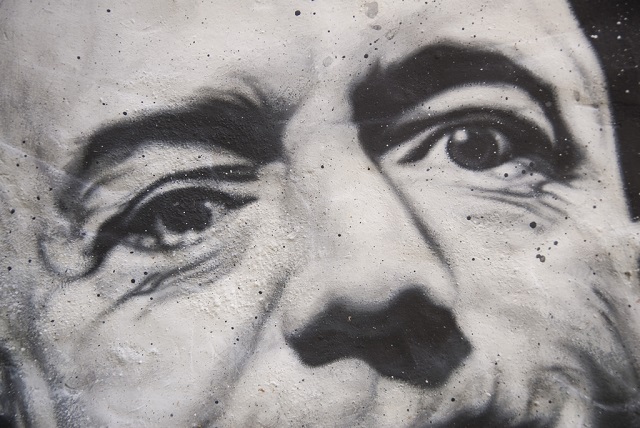
 The damage has already been done. The damage has already been done.
From the Business Wire:
The National Retail Federation issued the following statement from President and CEO Matthew Shay in response to a U.S. Supreme Court ruling in South Dakota v. Wayfair allowing states to require online sellers to collect sales tax the same as local stores.
“Retailers have been waiting for this day for more than two decades. The retail industry is changing, and the Supreme Court has acted correctly in recognizing that it’s time for outdated sales tax policies to change as well. This ruling clears the way for a fair and level playing field where all retailers compete under the same sales tax rules whether they sell merchandise online, in-store or both.”
The court this morning upheld a 2016 South Dakota law that requires online merchants with more than $100,000 in annual sales to state residents or 200 transactions with state residents to collect sales tax.
NRF argued in a friend-of-the-court brief last year that the court’s 1992 Quill Corp. v. North Dakota decision was outdated and that sales tax collection is no longer the burden it might once have been due to changes in technology. In the brief, NRF cited a wide variety of software available to automatically collect the sales tax owed, much of its available free or at low cost.
NRF and other retail groups said in a second brief filed this year that lack of uniform collection is “inflicting extreme harm and unfairness” on local retailers by “distorting the retail market in favor of absentee ecommerce.” Jeff Bezos has already taken over the world and analysts are saying Amazon is likely "the winner" in this ruling.
From CNBC:
"Amazon should be helped because it is collecting sales tax in every state, while it is the Wayfairs of the world who are directly hurt," John Swain, a law professor at the University of Arizona, told CNBC.
[...]"We see limited impact on Amazon," Colin Sebastian, an analyst at Baird Equity Research, wrote in a note published Thursday, adding medium-sized merchants that do not already collect sales tax in most U.S. jurisdictions will be most exposed to the ruling.
The more important question for Amazon is how Thursday's decision will change the way its third-party sellers, who have become a rapidly growing piece of the business, collect sales tax.
Paul Rafelson, a law professor at Pace University, says the Supreme Court decision doesn't really address this issue, "punting" most of the questions related to marketplace sellers.
In the marketplace, Amazon facilitates the sales of third-party merchant products, so it's unclear whether Amazon or the third-party seller should be responsible for collecting tax.
"Amazon can hide behind its marketplace to claim tax exemption because it's still going to pretend it's not a retailer — and not responsible for collecting sales taxes," Rafelson said. "There's still a lot of legal questions that need to be answered." Congress should have addressed the issue a decade ago as brick and mortar stores were getting hammered but no one wanted to take away the punch bowl.
Follow InformationLiberation on Twitter, Facebook and Gab.
|






 The damage has already been done.
The damage has already been done.


